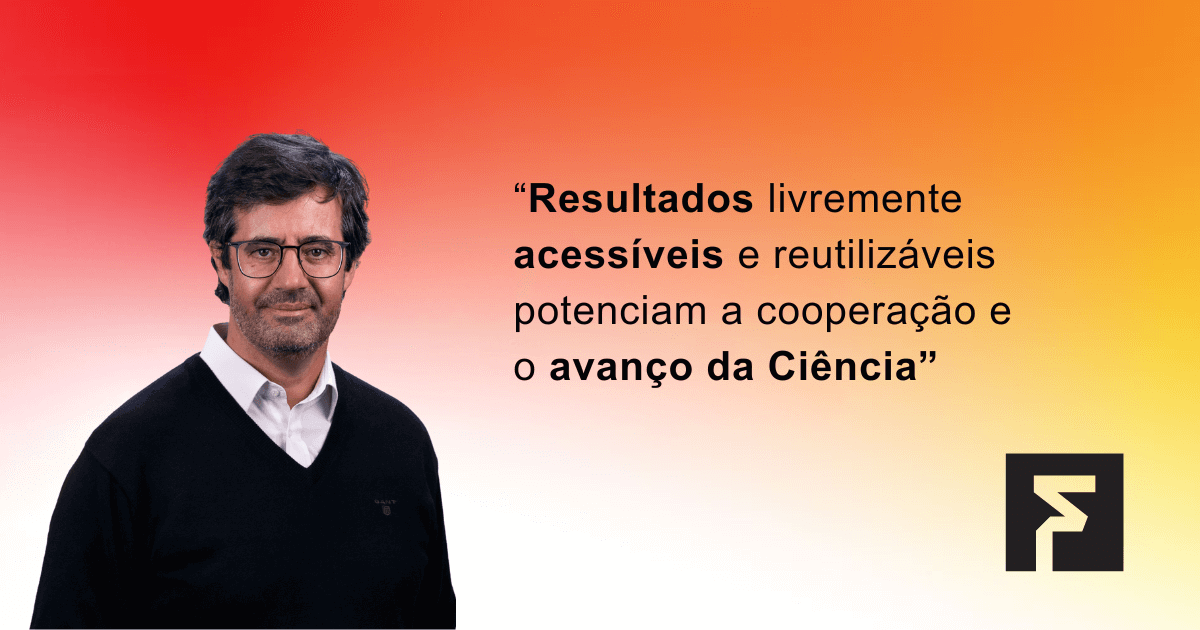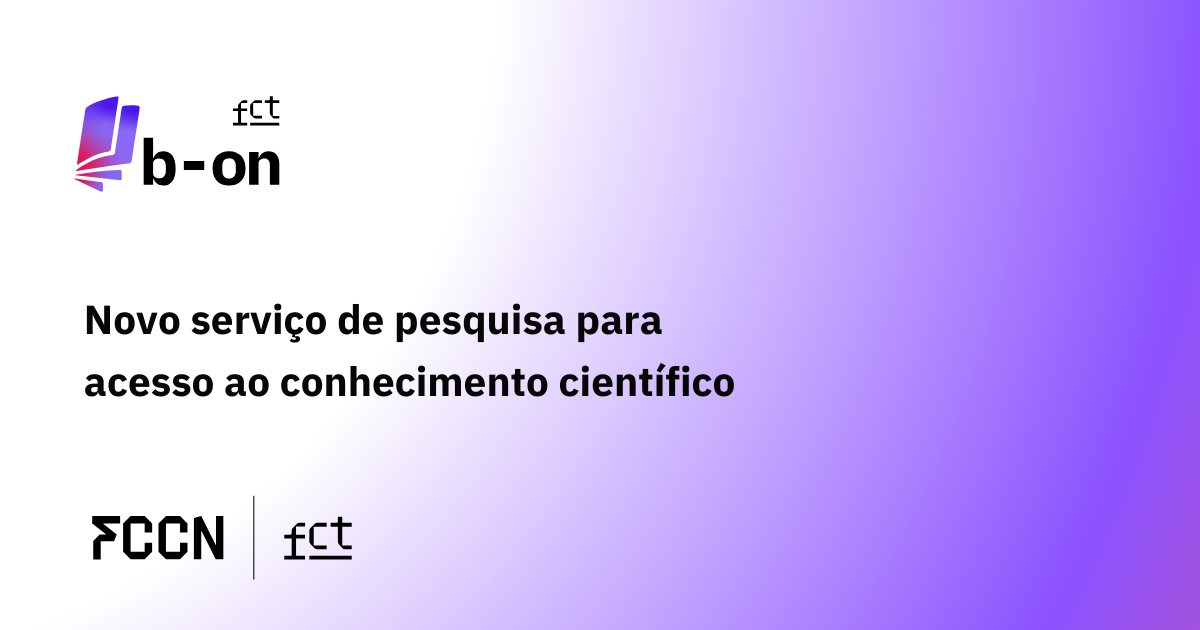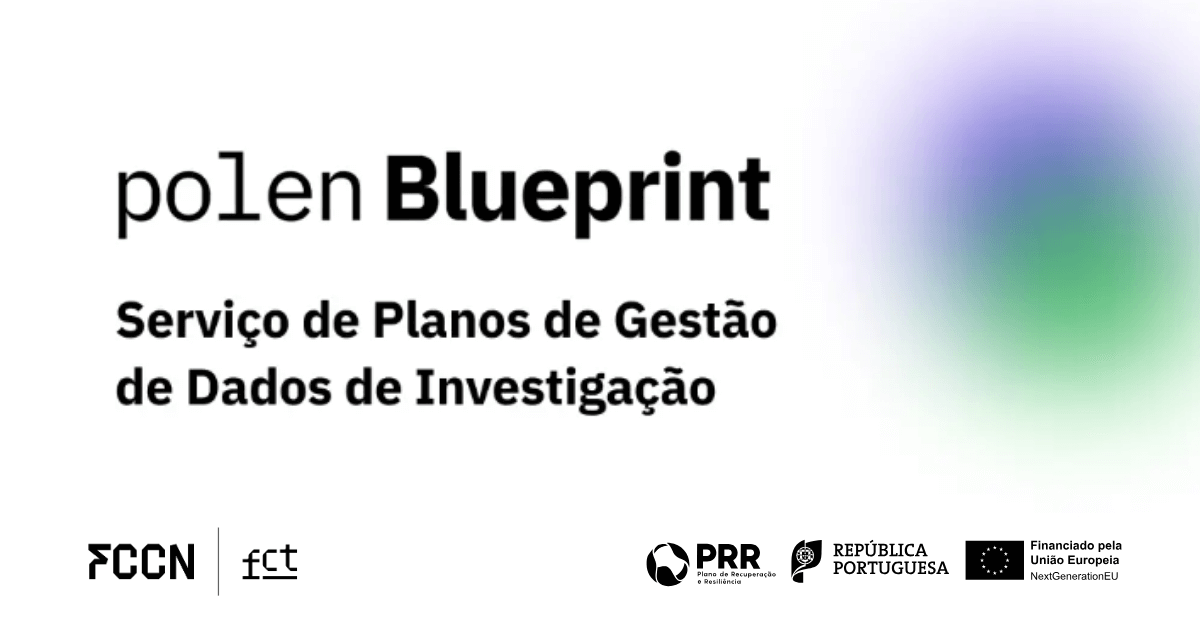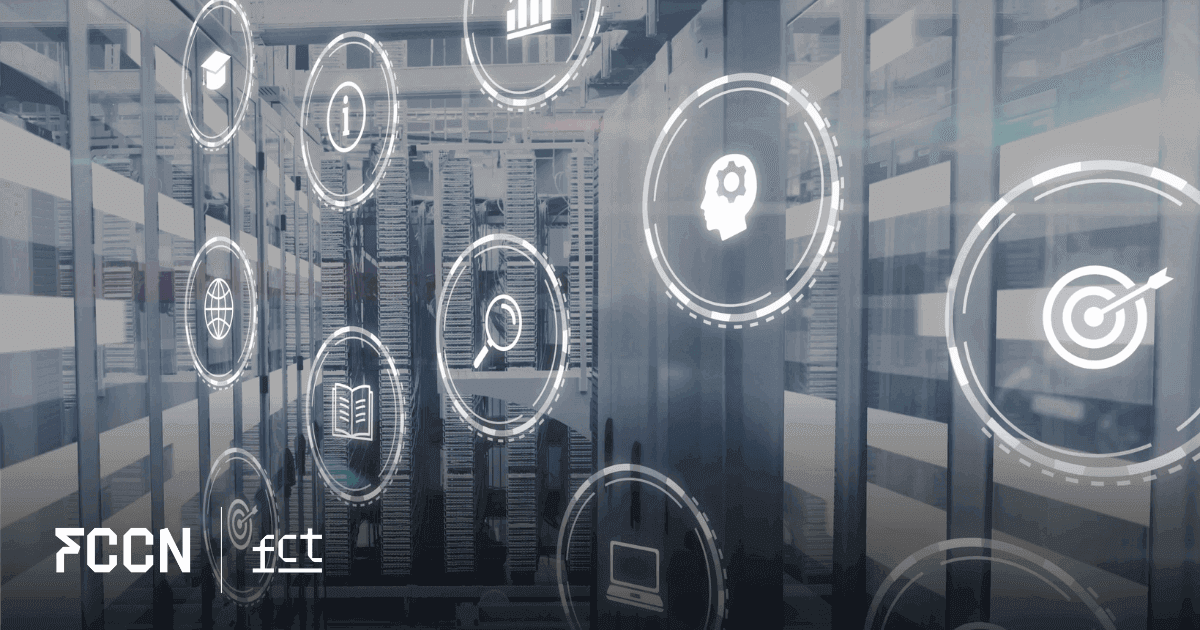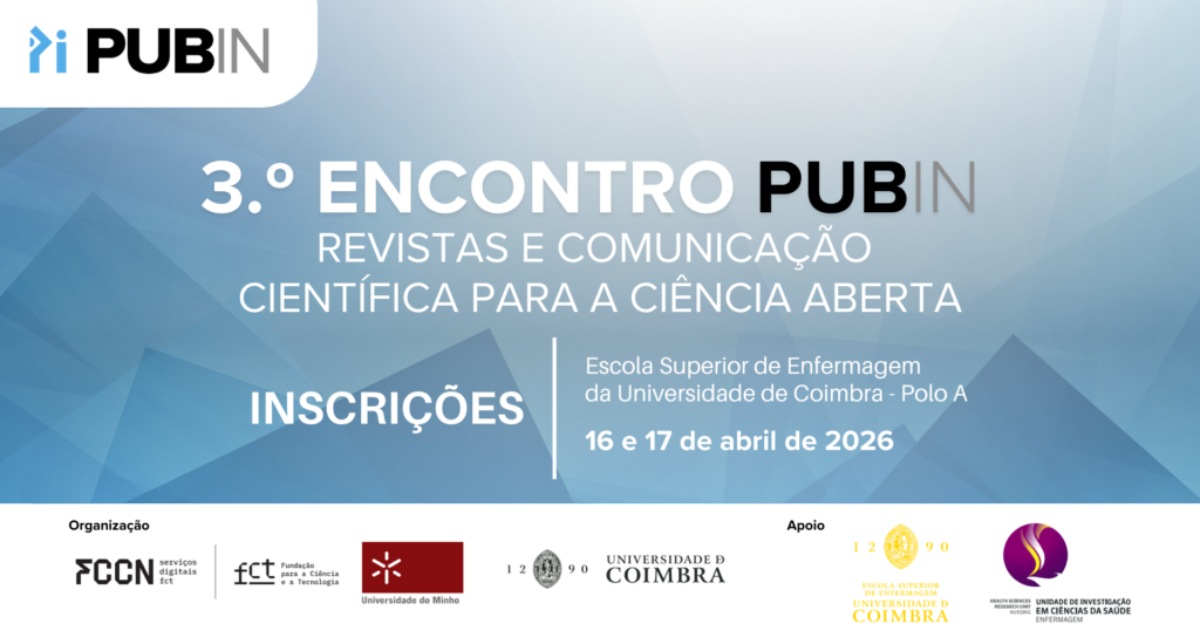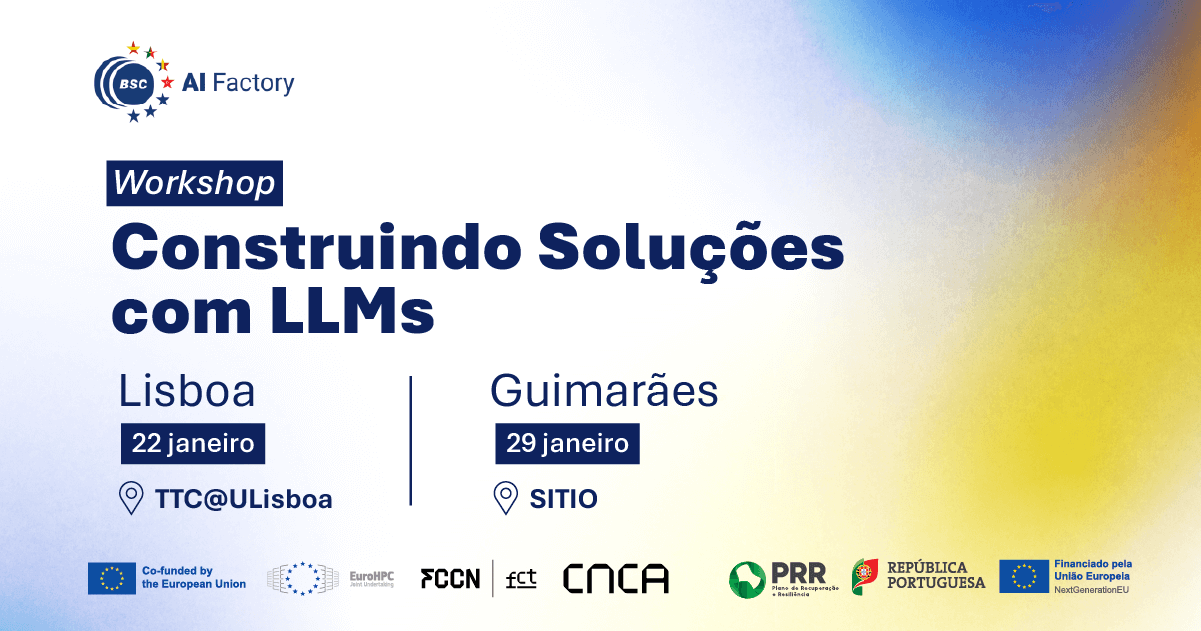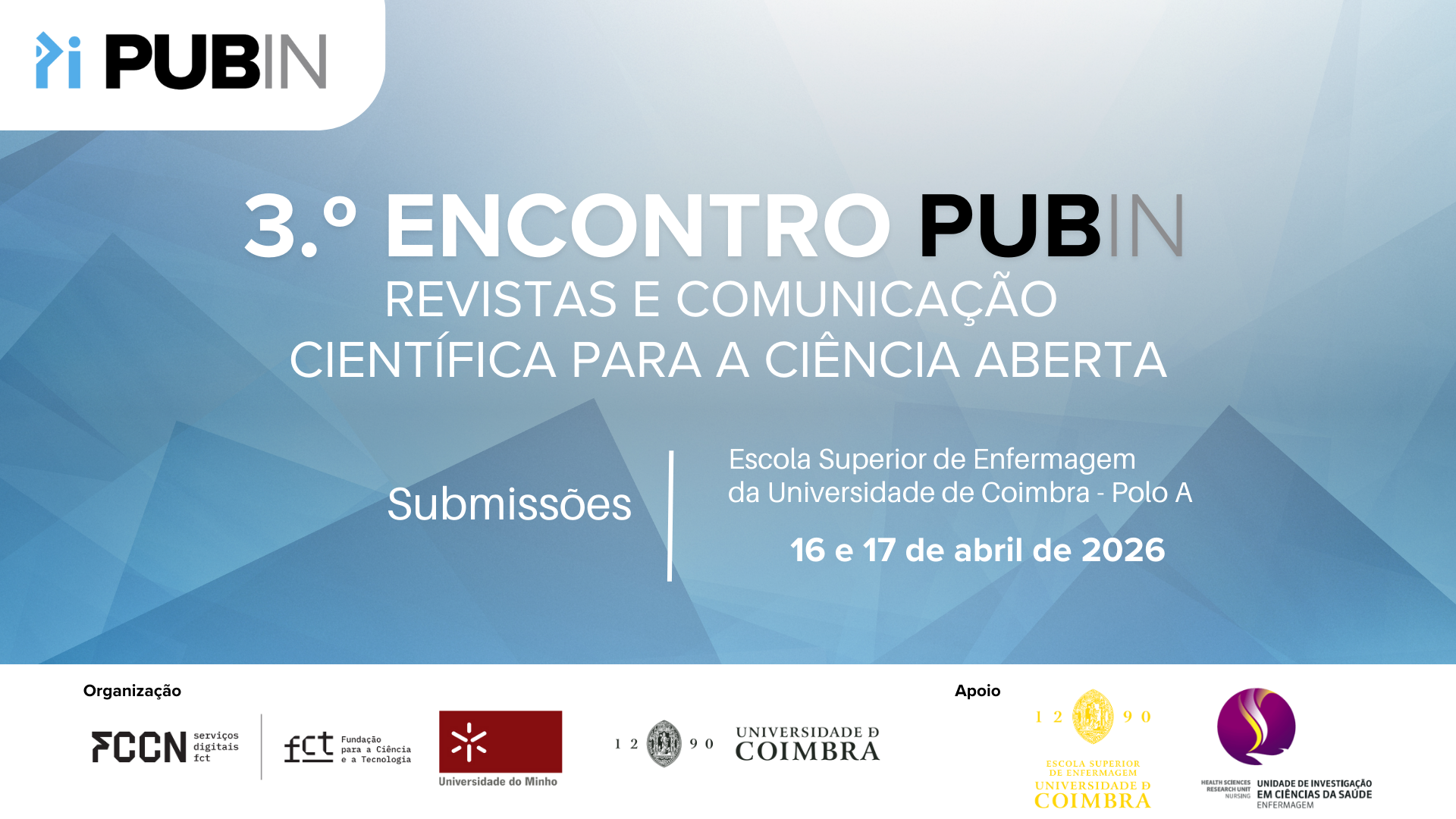On World Programmer's Day, celebrated on September 12th, we spoke with one of the FCT employees, in the FCCN digital services unit, who performs these functions. Tiago Pereira has been working in the Internal Services Area since 2020 and tells us more about this profession, making known its current relevance and future prospects.
“The programmer is not just an executor, but a strategic partner in building a more efficient, competitive and innovative company”, it says.
– What do you value most and what motivates you in your role as a programmer?
The feeling of solving problems and seeing an idea come to life. I also enjoy always learning, as technology is constantly changing. And, of course, seeing the impact my work has on people and projects is always a huge motivator!
– What made you pursue a career in programming?
It was, in large part, my interest in computer games. When choosing my career path, I reflected on what truly made me happy, and at that stage of my life, at 18 years old, games played a fundamental role. I then decided exploring programming as a way to combine my passion for games with a career that would challenge and fulfill me. I'm not in the computer game development business, but I still play them!
– What is the most interesting project you are currently working on?
I'm currently involved in a project to implement a training management system. This system aims to streamline employee training management, significantly reducing the workload on human resources and streamlining all associated processes. The main objective is to increase efficiency and make training management more fluid and effective.
– What project are you most proud of having developed at FCCN, FCT's digital services?
The project I'm most proud of developing was my first one: an email signature system. It was challenging, but seeing the system take shape and be implemented gave me an incredible sense of accomplishment. The system allows employees to easily manage and customize email signatures, standardizing the company's visual identity.
I would like to take this opportunity to invite FCCN employees, FCT's digital services, who have not yet had the opportunity to use this tool to visit the Intranet page and access the useful links to find this tool!
– How important/relevant is the role of programmer for an organization?
The role of a programmer is essential to the functioning of many organizations, especially in today's digital world. Programmers are responsible for creating, maintaining, and optimizing systems and software that support a company's day-to-day operations.
A programmer's work can have a direct impact on several areas of the company, such as improving the customer experience by making systems faster and easier to use. Additionally, automation of internal processes, which is often implemented by programmers, can reduce operational costs and increase efficiency.
Technological innovation also opens up new business opportunities, allowing companies to offer new products or services, which can increase market competitiveness. Therefore, the programmer is not just an executor, but a strategic partner in building a more efficient, competitive and innovative company.
– How important is teamwork for a programmer?
Teamwork is essential for a programmer, not only for the exchange of knowledge, but also for the efficiency achieved by discussing different perspectives. Each programmer brings a specialty, which allows the project to move forward faster and with fewer errors.
Furthermore, teamwork makes it easier to solve complex problems, as someone may see a solution that someone else might not have thought of. This also promotes an environment where feedback is continuous, improving the quality of the work performed.
– How do you stay up to date with new technologies and trends in programming?
The programming field evolves at a very fast pace, so I always pay attention to various sources. I usually subscribe to specific newsletters about languages or areas that interest me, such as artificial intelligence.
I also really enjoy participating in online forums like GitHub and Reddit. There's always someone discussing solutions or problems, and you end up learning a lot.
Another thing I do is follow YouTube channels and podcasts from programmers who share tips and talk about trends. But the best way to learn, for me, is to get my hands dirty. When a need arises for collaborative projects, I try to understand what's new, how it works, and how it can be useful in my work.
– How do you see the future of programming and software development in the coming years?
I see the future of programming and software development as an extremely dynamic landscape full of opportunities. With the continuous advancement of artificial intelligence, I believe that many repetitive and simpler tasks will be automated by increasingly sophisticated tools. We're already starting to see this with technologies that automatically generate code and streamline the development process.
I also believe that programming languages will continue to evolve, becoming more accessible to both experienced programmers and beginners. The growth of low-code and no-code platforms is a good example of this trend, allowing more people to create technological solutions without requiring in-depth technical knowledge.
On the other hand, programmers will continue to be essential, especially in areas such as security, performance optimization, and developing complex solutions that automated tools cannot yet solve alone.
In short, I believe the future will be marked by greater automation and accessibility, but also by new challenges and the need for specialization in more complex and strategic areas within software development.



